Product
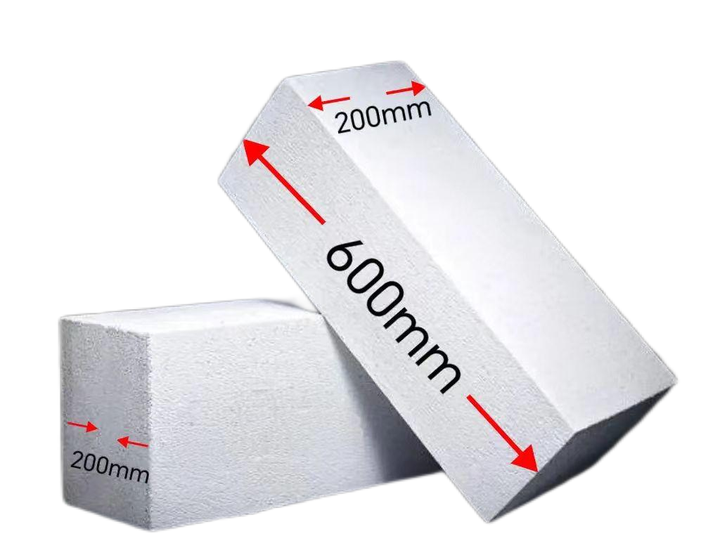
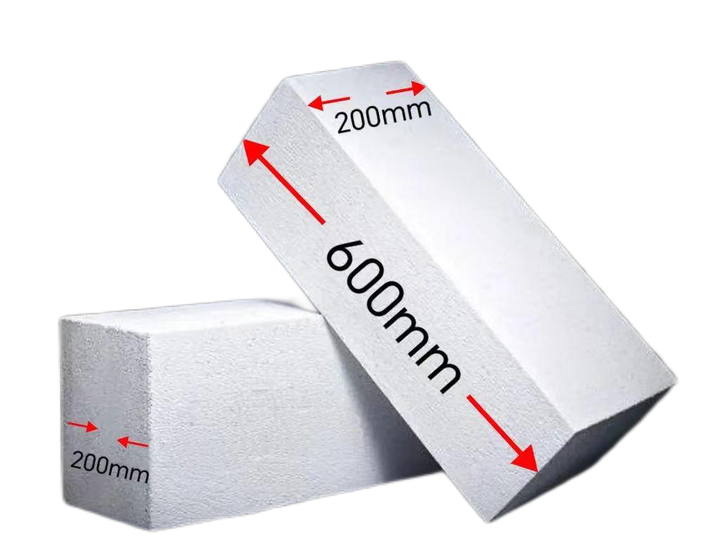
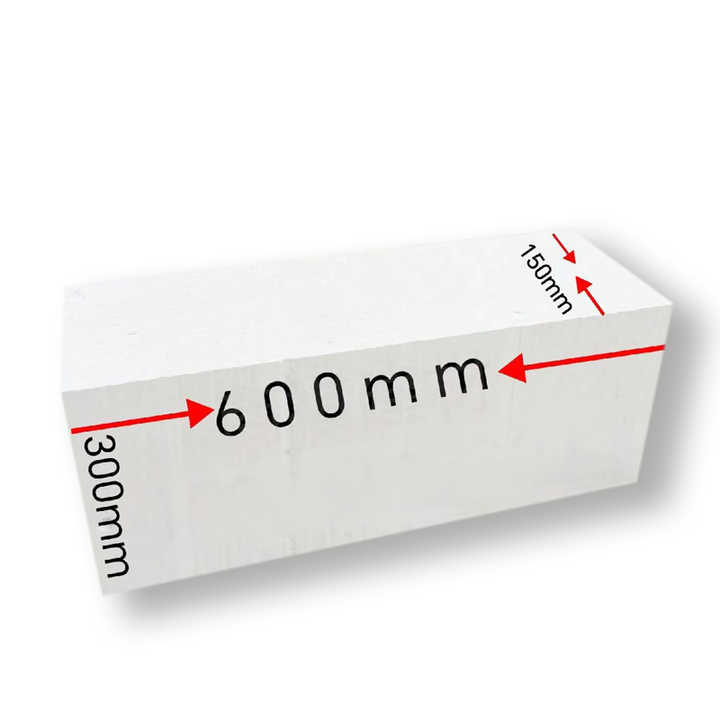
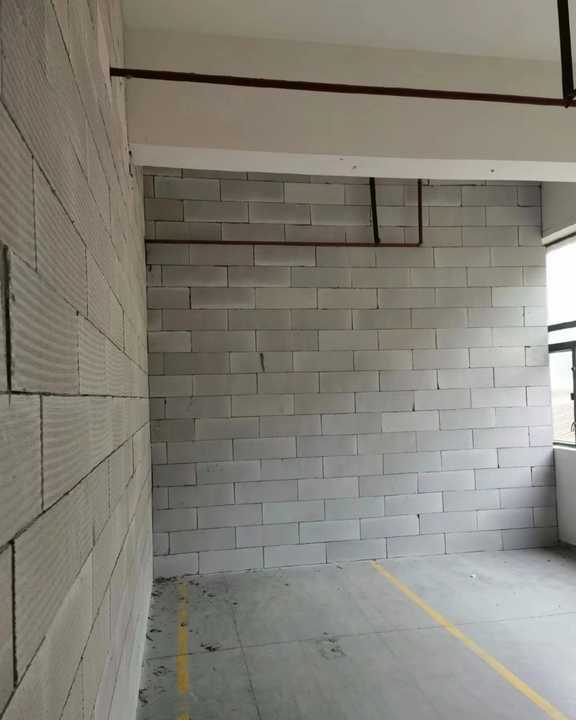
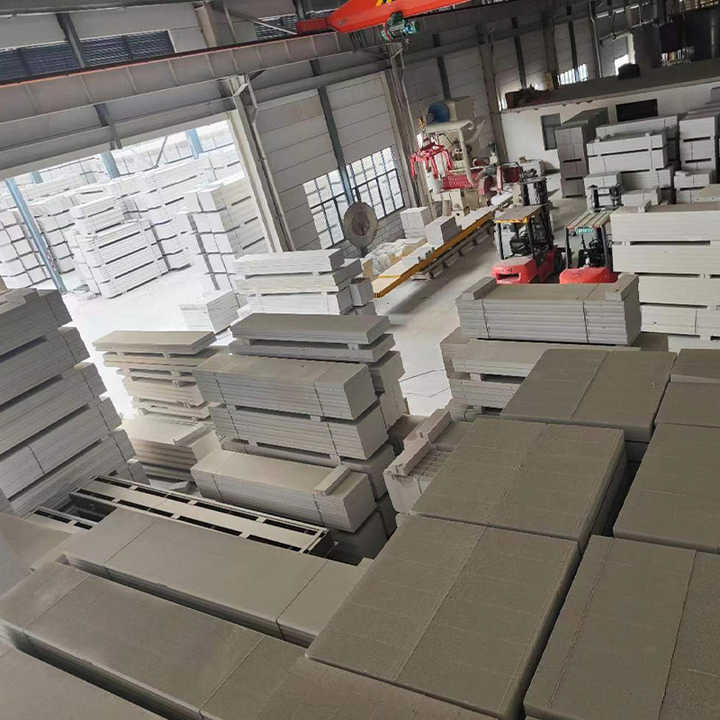

Preview
Basic Info.Product Description
Basic Info.
| Warranty | 1 Year |
| After-sale Service | Online technical support |
| Project Solution Capability | graphic design |
| Application | Construction field |
| Design Style | Industrial |
| Place of Origin | Jiangxi, China |
| Brand Name | TRUSTEK |
| Model Number | TRUSTEK081-AAC Block |
| Type | Ordinary Concrete Blocks |
| Porosity | Solid |
| Product name | AAC Blocks |
| Density | 400-600 kg/m³ |
| Material | Autoclaved Aerated Concrete (AAC) |
| Compressive Strength | 3-7 MPa |
| Sound Insulation | 40-50 dB |
| Fire Resistance | Up to 4 hours |
| Size/Dimensions | Customized |
| Color | White/Grey |
| Water Absorption | ≤25% |
| Usage/Application | Wall, Partition, Floor, Roof, etc. |
| Selling Units: | Single item |
| Single package size: | 60X24X20 cm |
| Single gross weight: | 5.000 kg |
Product Description
Solid Porosity Autoclaved Aerated Concrete (AAC) Building Blocks For Construction
Solid Porosity Autoclaved Aerated Concrete (AAC) Building Blocks For Construction
Specification
Solid Porosity Autoclaved Aerated Concrete (AAC) Building Blocks For Construction Details:
Solid Porosity Autoclaved Aerated Concrete (AAC) Building Blocks For Construction Details:

Preview
FAQ
Autoclaved Aerated Concrete (AAC) BlocksQ1: What are AAC blocks? A1: AAC (Autoclaved Aerated Concrete) blocks are lightweight, precast building materials made from amixture of sand, cement, lime, gypsum, water, and an expansion agent. They are cured under high pressure in an autoclave,resulting in a highly porous and insulating material.Q2: What are the main benefits of using AAC blocks? A2: The main benefits of AAC blocks include:1. Lightweight: AAC blocks are significantly lighter than traditional bricks and concrete blocks, making them easier to handle andreducing the load on structures.2. Thermal Insulation: Excellent thermal insulation properties help in maintaining energy efficiency in buildings, reducing heating and cooling costs.3. Acoustic Insulation: Provides good sound insulation, contributing to a quieter indoor environment.4. Fire Resistance: AAC blocks are highly fire-resistant, offering enhanced safety in case of a fire.5. Durability: Resistant to pests, mold, and moisture, ensuring a long lifespan and low maintenance.Q3: Where can AAC blocks be used? A3: AAC blocks can be used in various applications, including:1. Load-bearing and non-load-bearing walls2. Partition walls3. Exterior and interior walls4. Soundproof walls in commercial buildings5. High-rise buildings and residential homesQ4: How do AAC blocks compare to traditional building materials? A4: Compared to traditional building materials, AAC blocks offer several advantages:1. Ease of Installation: Lightweight and easy to cut, AAC blocks speed up construction and reduce labor costs.2. Energy Efficiency: Superior thermal insulation properties lead to significant energy savings in heating and cooling.3. Sustainability: Made from non-toxic materials and have a lower environmental impact during production and construction.4. Precision: Manufactured to precise dimensions, ensuring minimal waste and easy stacking during construction.Q5: Are AAC blocks customizable? A5: Yes, AAC blocks can be customized in terms of size, shape, and density to meet specificconstruction requirements. They can be cut on-site to fit various architectural designs and requirements.Q6: How should AAC blocks be maintained? A6: AAC blocks require minimal maintenance. Regular inspections and occasional cleaning with water and a mild detergent are typically sufficient. Any repairs can be easily carried out using standard construction techniques.Q7: Are AAC blocks environmentally friendly? A7: Yes, AAC blocks are environmentally friendly due to their energy-efficient properties and the use of non-toxic, recyclable materials in their production. Their lightweight nature also reduces transportation energy and costs, further decreasing their environmental impact.
Autoclaved Aerated Concrete (AAC) BlocksQ1: What are AAC blocks? A1: AAC (Autoclaved Aerated Concrete) blocks are lightweight, precast building materials made from amixture of sand, cement, lime, gypsum, water, and an expansion agent. They are cured under high pressure in an autoclave,resulting in a highly porous and insulating material.Q2: What are the main benefits of using AAC blocks? A2: The main benefits of AAC blocks include:1. Lightweight: AAC blocks are significantly lighter than traditional bricks and concrete blocks, making them easier to handle andreducing the load on structures.2. Thermal Insulation: Excellent thermal insulation properties help in maintaining energy efficiency in buildings, reducing heating and cooling costs.3. Acoustic Insulation: Provides good sound insulation, contributing to a quieter indoor environment.4. Fire Resistance: AAC blocks are highly fire-resistant, offering enhanced safety in case of a fire.5. Durability: Resistant to pests, mold, and moisture, ensuring a long lifespan and low maintenance.Q3: Where can AAC blocks be used? A3: AAC blocks can be used in various applications, including:1. Load-bearing and non-load-bearing walls2. Partition walls3. Exterior and interior walls4. Soundproof walls in commercial buildings5. High-rise buildings and residential homesQ4: How do AAC blocks compare to traditional building materials? A4: Compared to traditional building materials, AAC blocks offer several advantages:1. Ease of Installation: Lightweight and easy to cut, AAC blocks speed up construction and reduce labor costs.2. Energy Efficiency: Superior thermal insulation properties lead to significant energy savings in heating and cooling.3. Sustainability: Made from non-toxic materials and have a lower environmental impact during production and construction.4. Precision: Manufactured to precise dimensions, ensuring minimal waste and easy stacking during construction.Q5: Are AAC blocks customizable? A5: Yes, AAC blocks can be customized in terms of size, shape, and density to meet specificconstruction requirements. They can be cut on-site to fit various architectural designs and requirements.Q6: How should AAC blocks be maintained? A6: AAC blocks require minimal maintenance. Regular inspections and occasional cleaning with water and a mild detergent are typically sufficient. Any repairs can be easily carried out using standard construction techniques.Q7: Are AAC blocks environmentally friendly? A7: Yes, AAC blocks are environmentally friendly due to their energy-efficient properties and the use of non-toxic, recyclable materials in their production. Their lightweight nature also reduces transportation energy and costs, further decreasing their environmental impact.
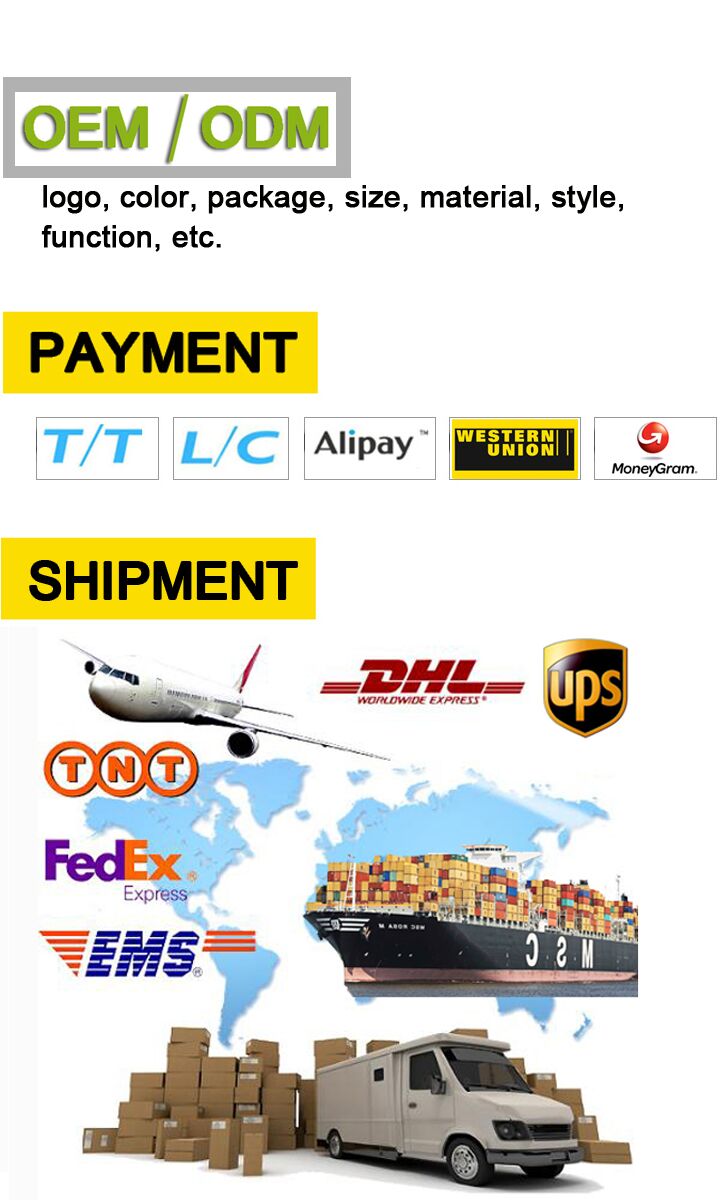
Preview
Solid Porosity Autoclaved Aerated Concrete (AAC) Building Blocks For Construction
$45
Building material industry chain · masonry materials · Building Blocks
 Ganzhou
Ganzhou  Authenticated
AuthenticatedLess than 50 EmployeesInformation Services and IT



